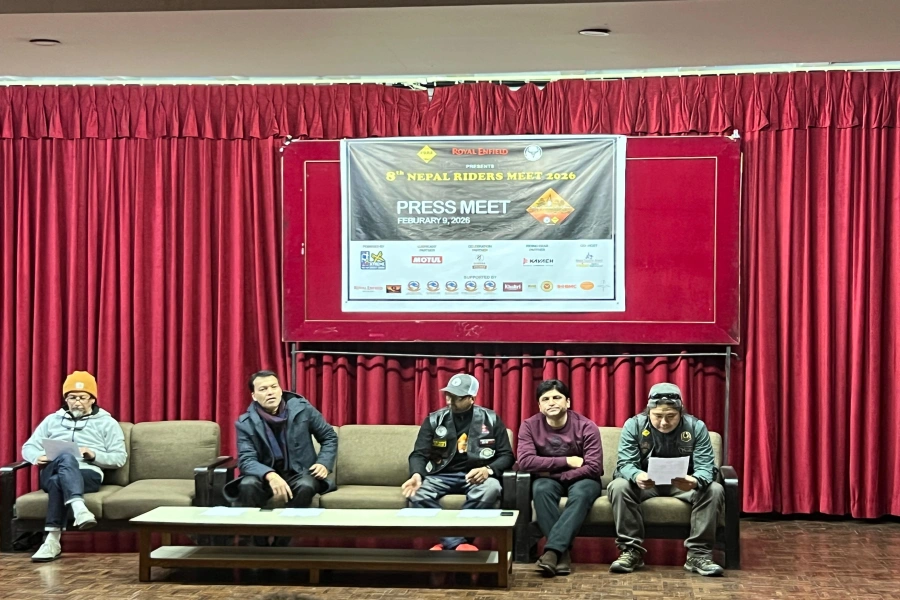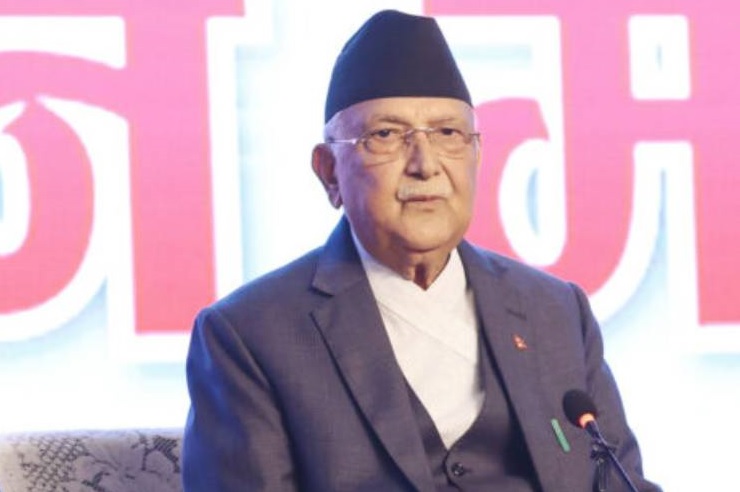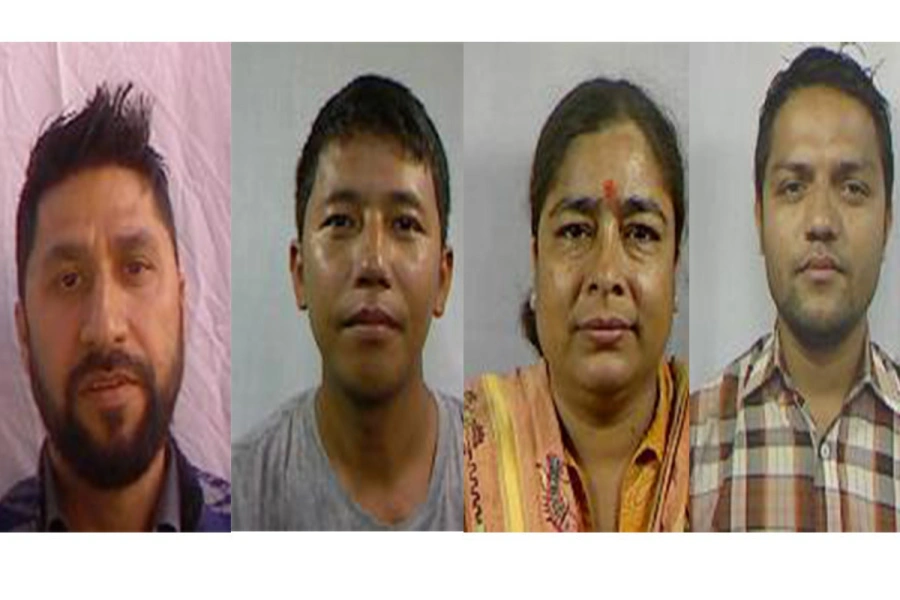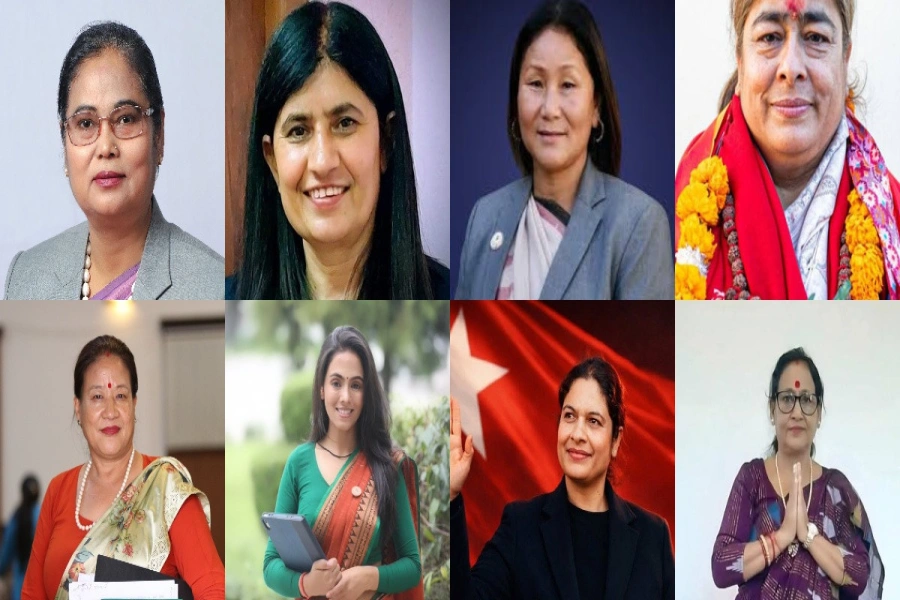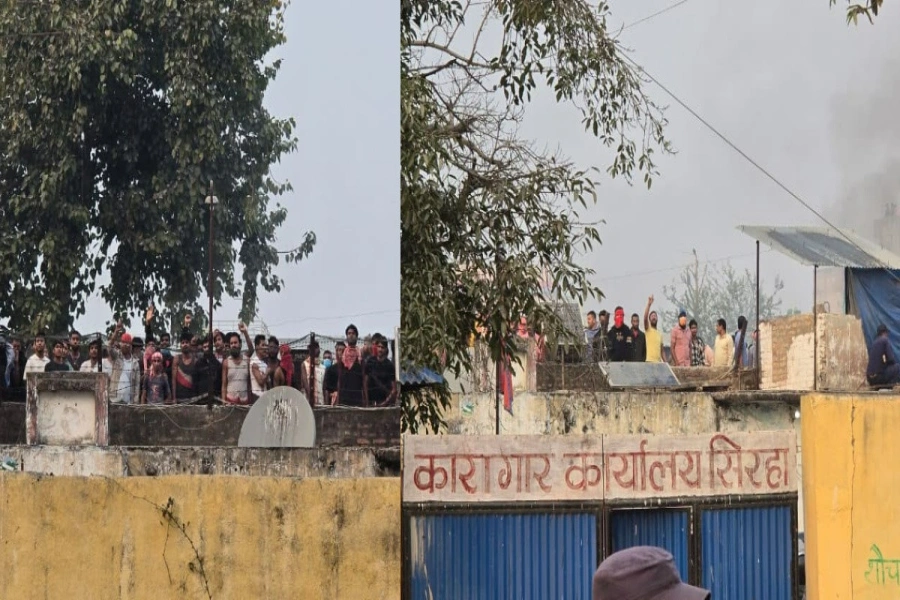The Supreme Court’s (SC) verdict on the then Chief Justice Sushila Karki’s case has clearly stated that impeachment should not be used as a means of interfering and controlling the judiciary. The case in question was filed against then Chief Justice Karki in 2017, which was withdrawn from parliament a day before her retirement due to widespread protests. The apex court has ruled that impeachment against a judge or any office bearers of constitutional bodies should not be prolonged on various pretexts and should not be made a subject of negotiation. The full text of the verdict released recently clearly states that the concerned parties should take up the responsibility if they cannot pass the impeachment motion from parliament. In addition, impeachment should not be made a matter of anyone's personal vendetta.
The right of impeachment is a special provision that can be used in exceptional cases to maintain constitutional dignity. It is unfortunate to see political parties manipulating the laws to serve their vested interests. The impeachment motion against both Karki and the then Chief Justice Cholendra SJB Rana serves as bad precedents in Nepal's judicial history. The apex court has pointed out that the constitution and the laws to determine the process of impeachment should be carefully concluded with the impeachment proposal. "This arrangement has been made with the view that a judge or any other official of a constitutional body should not be kept in a state of uncertainty for a long time," the verdict states, adding, "It should not be extended indefinitely as a result of someone's inaction, under any pretext or subject to any kind of negotiation."
Keeping judiciary independent

The right to impeach is a serious responsibility that should not be taken lightly by parliamentarians. It should only be used in exceptional cases where there is sufficient basis and reason as a means of maintaining judicial integrity, preventing arbitrariness, holding responsibility for bad conduct, and maintaining judicial competence. The law also expects prudence in initiating proceedings after the impeachment motion is submitted to the parliament. The full text of the verdict rightly highlights the issue of filing impeachment motions in other countries, where the relevant person is suspended from office until the final decision of the impeachment. This is also the purpose or intent of Article 101 of the Constitution of Nepal. In Article 101 (6) of the Constitution, it is mentioned that after the commencement of the impeachment proceedings, the chief justice or a Supreme Court justice, the member of the Judicial Council, the head, or the official of the constitutional body shall not be entitled to perform the functions of the respective office.
Yet, it is essential to logically conclude the impeachment proceedings within a reasonable time to ensure the reliability, effectiveness, and independence of the constitutional bodies. The apex court clearly states that this is a matter related to the accountability of officials who exercise legal authority by taking remuneration from the state treasury. It is necessary to hold parties accountable for their actions and ensure that they are not misusing the legal provisions for their vested interests. Needless to say, the judiciary is an essential pillar of democracy and plays a critical role in ensuring justice and upholding the rule of law. The independence of the judiciary is crucial for the functioning of democracy and protecting the rights of the citizens. The judiciary must be free from any political influence or interference, and the right to impeach should not be used as a means of controlling or interfering with the judiciary. The right to impeach is a serious responsibility that should be used with prudence and only in exceptional cases. It is the responsibility of civil society to hold parties accountable for their actions and ensure that they are not misusing the legal provisions to serve their vested interests.






